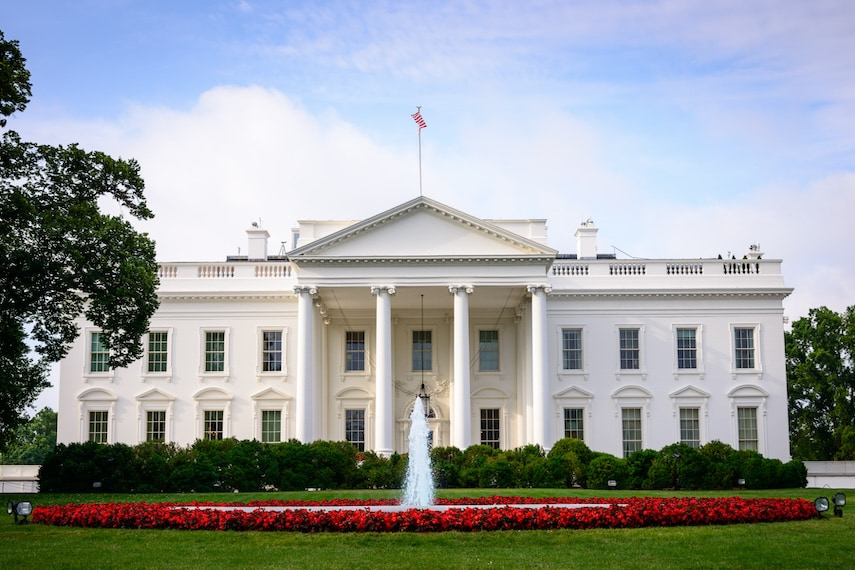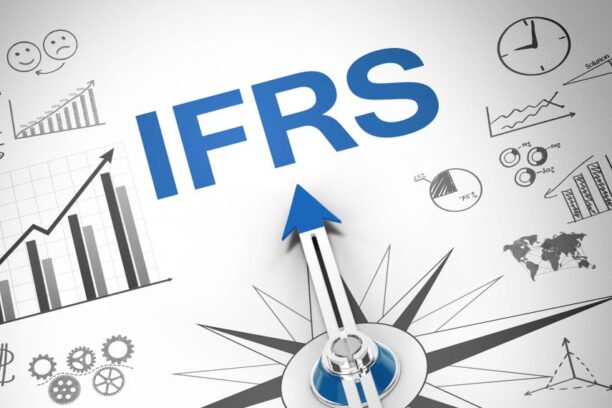We’ve been following litigation led by the Texas Attorney General alleging that BlackRock, State Street, and Vanguard violated antitrust laws when taking part in net-zero industry initiatives. In addition to the twelve states behind the litigation, the federal government has now entered the fray with both the FTC and DOJ filing a Statement of Interest in the case. According to the filing, the FTC:
“Affirms that asset managers and institutional investors may be held liable under Section 7 of the Clayton Act when they use their stock holdings in multiple competitors to achieve anticompetitive goals. While these asset managers play an important role in American capital markets—a role that the agencies are committed to protecting—they nonetheless remain subject to the same antitrust laws as everyone else. The Statement of Interest further affirms that public, industry-wide initiatives may still violate the Sherman Act and Clayton Act, even when purportedly justified out of social concerns.”
Antitrust lawsuits of this nature have long been a goal of red state AGs which have spent the past several years before the lawsuit launching probes and investigations which ultimately led to the demise of the Net-Zero Asset Managers initiative earlier this year. BlackRock responded to the FTC and DOJ filing with the following statement:
“The DOJ and FTC’s support for this baseless case undermines the Trump Administration’s goal of American energy independence. As we made clear in our earlier motion to dismiss, this case is trying to re-write antitrust law and is based on an absurd theory that coal companies conspired with their shareholders to reduce coal production. Forcing asset managers to divest from coal companies will harm their ability to access capital and invest in their businesses and employees, likely leading to higher energy prices.”
Legal analysts have been skeptical of the legal viability of antitrust claims like the ones alleged in this case. However, if the past six months have taught the sustainability world anything, it is to expect the unexpected, and rule out no possibility. We will see more state level enforcement actions against ESG to be championed by the federal government as the administration attempts to enact the playbook developed by the anti-ESG movement.
Our members can learn more about ESG litigation here.
If you’re not already a member, sign up now and take advantage of our no-risk “100-Day Promise” – during the first 100 days as an activated member, you may cancel for any reason and receive a full refund. But it will probably pay for itself before then.
DID YOU KNOW … we are much more than just blogs. PracticalESG provides tools and guidance for in house staff and outside advisors – from beginners to senior practitioners. We scour third party resources, vetting and filtering them – saving you hours of your day doing that yourself. And we don’t use AI to produce any content or have annoying ads.
Are you a client of one of our Partners? Contact them for exclusive pricing packages for PracticalESG.
If you aren’t already subscribed to our complimentary ESG blog, sign up here for daily updates delivered right to you.










